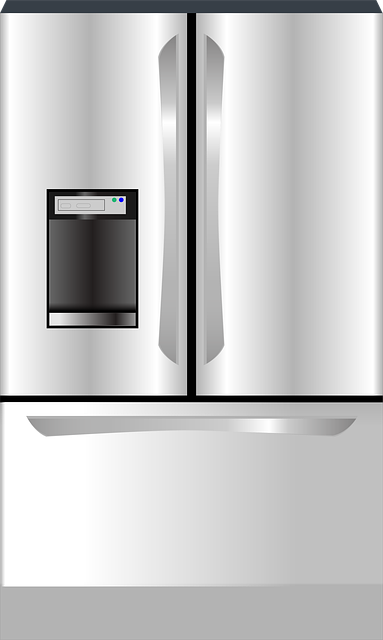A refrigerator is often the hardest-working appliance in a home, quietly operating around the clock. Because it never gets a break, its condition directly affects how much energy your household consumes. With some straightforward upkeep and awareness, you can extend its lifespan and keep electricity costs under control.
Give It Breathing Room

One of the most overlooked details is ventilation. A refrigerator expels heat from its coils, and if that heat has nowhere to go, the motor works overtime. Leaving just a few inches between the back or sides of the unit and the wall allows air to circulate properly. If the appliance is pressed tightly into a corner, efficiency is reduced and wear on the compressor increases.
Keep the Coils Clean
The coils behind or beneath the fridge collect dust, pet hair, and debris over time. When those surfaces are coated, heat transfer is blocked, making cooling less effective. A gentle pass with a coil brush or a vacuum attachment every six months goes a long way toward reducing strain on the system. It’s a small task, but one with a big payoff in energy savings.
Maintain a Steady Temperature
Extreme settings don’t equal better preservation of food. For most households, 37–40°F for the refrigerator compartment and 0°F for the freezer are ideal. Colder settings only force the unit to consume more power without noticeable benefit. A simple thermometer placed on a shelf helps confirm that the internal temperature matches the dial’s setting.
Mind the Door Seal
A loose or cracked gasket lets cold air escape and warm air slip in, leading to wasted energy. Test the seal by placing a thin sheet of paper between the door and the frame. If it slides out easily, the gasket may need adjustment or replacement. Keeping the seal clean of crumbs and sticky residue also helps it stay pliable and effective.
Organize the Interior
An overstuffed refrigerator blocks airflow and causes uneven cooling. On the other hand, a completely empty unit struggles to maintain its set point because it lacks thermal mass. Aim for a balanced load: enough food and beverages to stabilize the temperature, but not so much that vents and circulation paths are obstructed.
Defrost When Necessary
While many modern refrigerators are frost-free, some models still require periodic defrosting. A thick layer of frost creates insulation on the coils, reducing their ability to cool efficiently. Clearing frost buildup ensures the system runs as designed.
Closing Thought
Refrigerators rarely fail suddenly; most performance issues develop gradually from lack of attention. A few mindful habits—keeping it clean, ensuring airflow, checking temperatures, and caring for the door seal—can make a substantial difference. With consistent care, your fridge will not only run more efficiently but also serve your household dependably for years.

Recent Comments